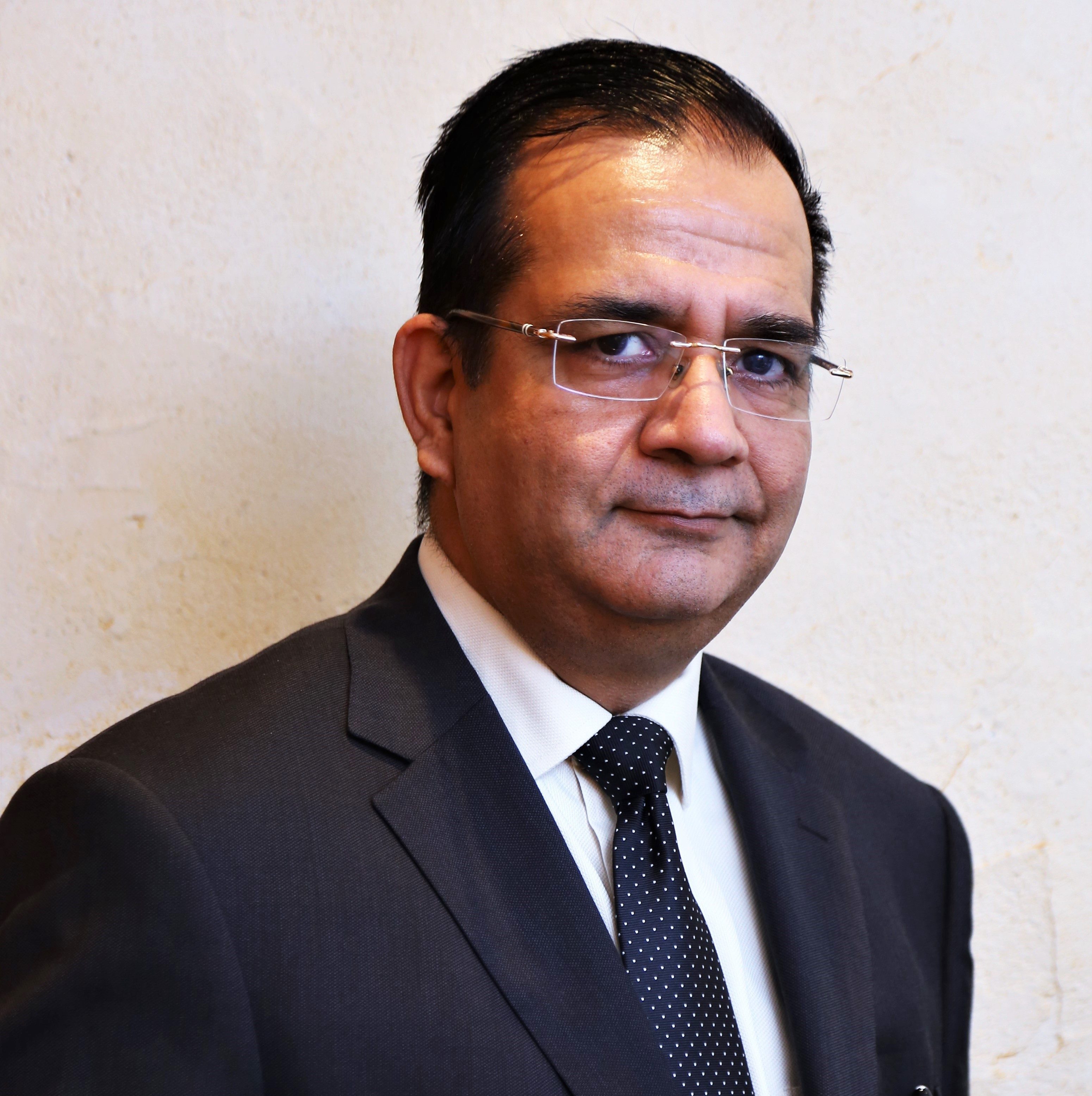How is Raqmiyat positioned as a managed services provider?
We started our managed services practice three years ago. We are still in the process of developing it, which requires a lot of investment, time, and a different mindset. I have been selling managed services for the last ten years, and earlier there was significant resistance to it. However, things started to change around the economic slowdown in 2008, when companies began looking for a cost-effective IT model and realised the benefits of employing a managed services model. It is very important to remember that hiring a managed services provider doesn’t mean that you have to fire your IT team – rather, it compliments internal IT.
I will give you the example of a bank, where the focus of IT should be on core banking applications and improving customer experience. Working with an MSP can free up the bank’s IT team from doing day-to-day support activities. In fact, various studies show that IT teams spend 70 percent of their time on non-productive tasks, and I tell CIOs that we can help them to elevate their IT staff and focus on strategic projects. Earlier, corporates were the early adopters of managed services, and now governments are also warming up to the idea. Most of our managed services customers are government entities in the UAE, and now we are bidding for projects in Saudi Arabia.
Why are companies going for a managed services model?
There many other advantages to customers when they outsource their IT functions to an MSP. One, they can stay within budgets because it is very difficult to cap it when you do this internally as you would need to cater to the demands of LOB managers. So, if you are a CFO, you’d know what is going to cost you in terms of IT management at the beginning of the year as we work on a fixed cost model for the services offered. Second is enhanced security – as an IT company, we have invested a great deal in meeting compliance requirements and bolstering security environments around our services, which wouldn’t always be economically feasible for end-users.
Another major advantage of managed services is the proactive approach: IT is reactive and works on break-fix model but when you work with an MS provider like Raqmiyat we can identify and fix issues early on.
How do you bring innovation to the managed services market?
We have productised our offerings in a certain format because customers may not need everything if you offer it as a complete suite. So, what we have done is to divide it into small packages. For example, we offer help desk as a service where our engineers work with certain tools and augment the capabilities of in-house teams of our customers. That is just the basic level, and scaling the value chain, we offer complete data centre management and disaster recovery services. We take care of the whole infrastructure, applications and also do vendor management, which is very important in a heterogeneous IT environment.
Another important offering is ‘CIO as a service’, which is a new concept in this region. We have realised that most of the organisations in the region are not big enough to warrant a full-fledged CIO role. What we are offering is a consultant, who is supported by all other departments at Raqmiyat such as application and security teams, to chart out the technology roadmap for our clients.
We also offer project management as a service, which plays a crucial role in transforming the business. Typically, project management is required by large organisations, but it has now become a necessity for businesses of every size. However, smaller organisations can’t afford a PMO, and this is where we step in with a proven methodology based on best practices to save our clients time and budget.
Do you offer the full spectrum of IT services?
Yes, we do and have recently tied up with Oracle to offer the entire stack of application management in the cloud and on-prem. We offer our services in onsite, offshore, and nearshore options and have partnerships with NOC and SOC providers in the UAE and India.
How can users get the most out of a managed services provider?
It is very important for customers to choose a partner that understands their business and help them achieve strategic goals. There are a few important characteristics they must look for while evaluating an MSP– industry knowledge and technical expertise along with a proven track record for one. It’s also important to look at the breadth and depth of service offerings of your MSP and how cost-effective it is. An important caveat here: it is not advisable to go for the lowest cost provider because you have to look at the overall productivity improvements and their ability to craft contracts customized to your business needs. It is also important to look at how responsive your MSP partner is in terms of 24/7 support and whether they are available in geographies where you have a presence.










Discussion about this post